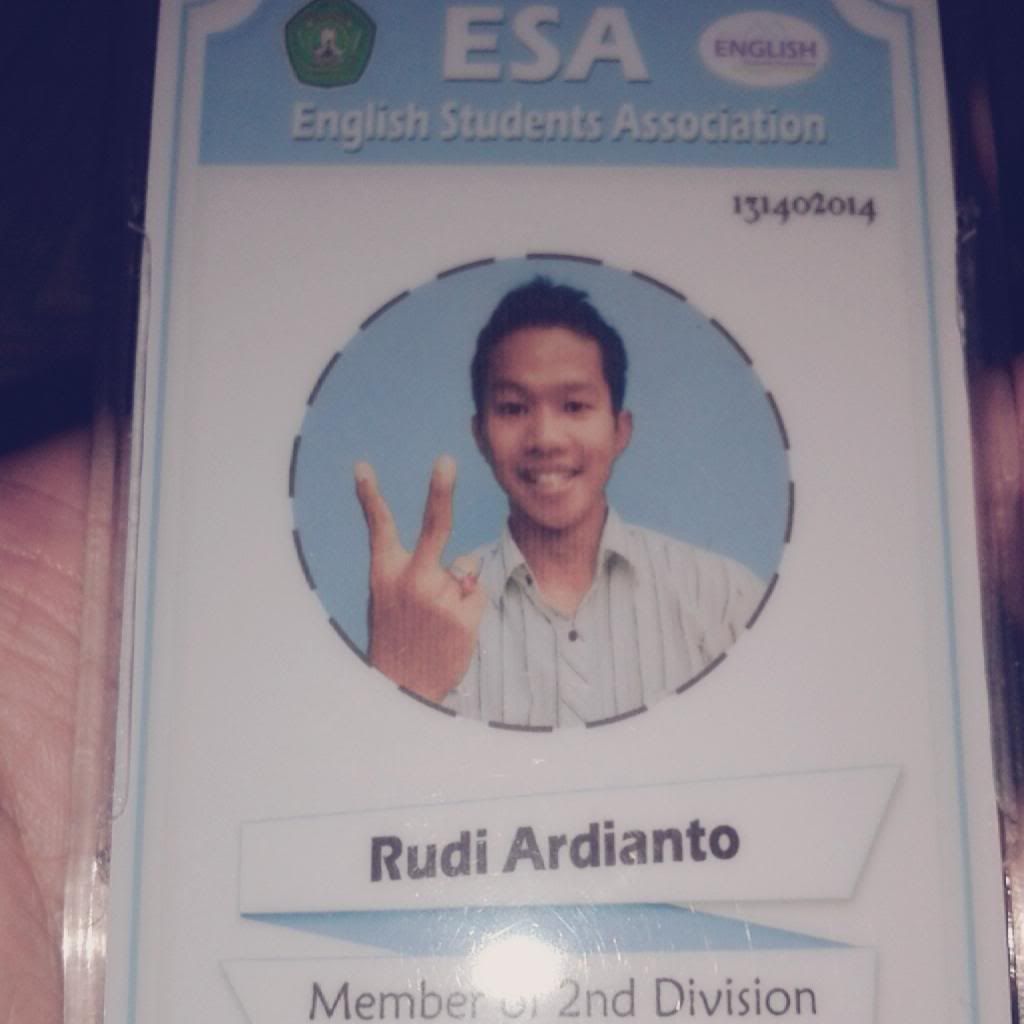Inversion
What do these sentences have in common?Not only is he difficult to understand, but he is also funny.
Never have I understood less about women.
Scarcely have they been on time.
These are all inverted sentences. Inverted sentences are sentences with an irregular verb placement of the verb before the subject. Follow the instructions below to learn how and when inverted sentences are used in English.
Use of Question Form
In this case, the question form (auxiliary + subject + main verb) takes the place of the standard positive sentence structure (i.e. He goes to work every day):
Examples
Not only do I enjoy classical music, but I also have a season ticket to the symphony.
Seldom has the boss been so upset!
In this case, the question form is substituted for standard sentence structure in a statement. Generally, an inversion is used to stress the uniqueness of an event and begins with a negative.
Negative Adverbials
Time expressions: never, rarely, seldom
These time expressions are used with a perfect form or with modals and often include comparatives:
Examples
Never have I been more insulted!
Seldom has he seen anything stranger.
Time expressions: hardly, barely, no sooner, or scarcely
These time expressions are used when a there are a succession of events in the past.
Examples
Scarcely had I got out of bed when the doorbell rang.
No sooner had he finished dinner, when she walked in the door.
After 'Only' Expressions such as 'only after', 'only when', 'only then', etc.
'Only' is used with a time expression.
Examples
Only then did I understand the problem.
Only after understanding the situation does the teacher make a comment.
After 'Little'
'Little' is used in a negative sense.
Examples
Little did he understand the situation.
Little have I read concerning nanotechnology.
Inversion after 'So', 'Such', and 'That'
'So'
'So + adjective ... that' combines with the verb 'to be'.
Examples
So strange was the situation that I couldn't sleep.
So difficult is the test that students need three months to prepare.
'Such'
'So + to be + noun ... (that)':
Examples
Such is the moment that all greats traverse.
Such is the stuff of dreams.
Inverted Conditional Forms
Sometimes conditional forms are inverted as a means of sounding more formal. In this case, the conditional 'if' is dropped and the inverted forms takes the place of the 'if clause'.
Examples
Had he understood the problem, he wouldn't have committed those mistakes.
Should he decide to come, please telephone.




